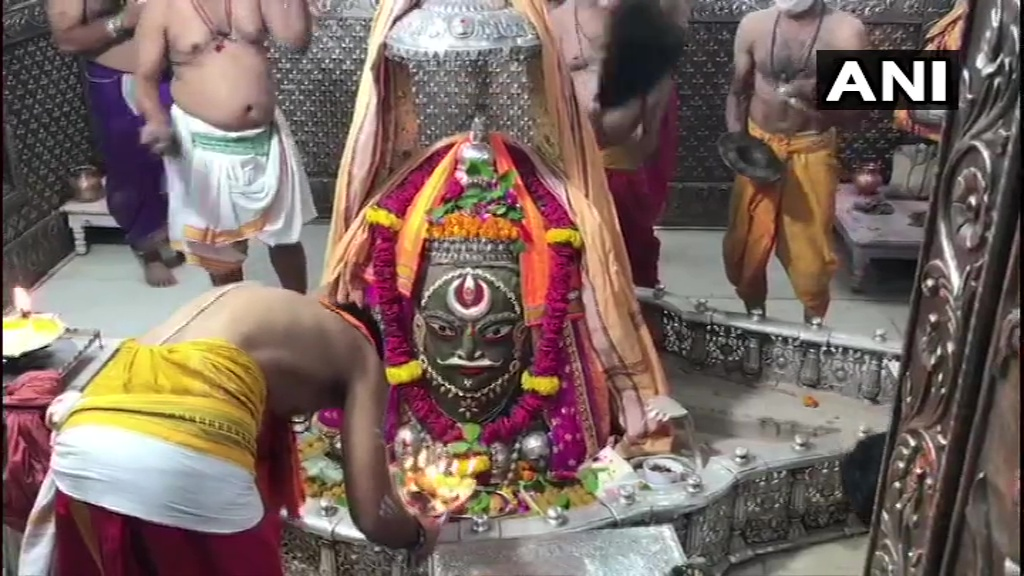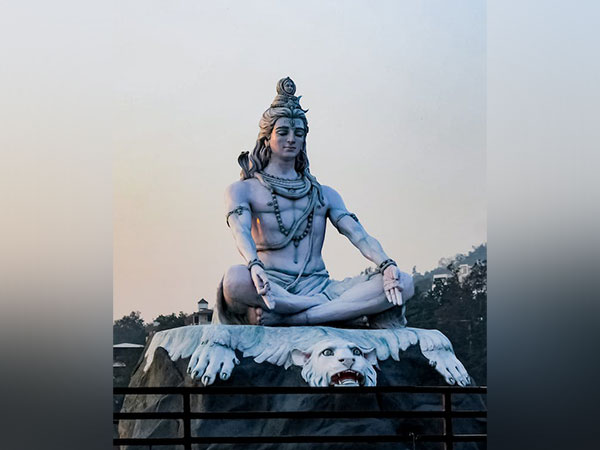New Delhi [India], July 1 (ANI): In the Hindu calendar, 'Sawan' also known as 'Shravan' is the fifth month of the Hindu lunar calendar, is one of the holiest months of the year.
Every Monday during this period is regarded as a highly auspicious time to fast and seek the blessings of Lord Shiva. Here are some do's and don'ts that one should keep in mind while fasting.
Here are some of the Do's for the period
After rising early in the morning, devotees should bathe and clean their Puja rooms. After sprinkling some Ganga Jal. After that they should gather the items for puja such as water, milk, sugar, ghee, curd, honey, janeu (sacred thread), sandalwood, flowers, bel leaves, clove, cardamom, sweets, etc and chant Shiv mantras.
Devotees who undertake fast can break their fasts and have the 'vrat meal' in the evening
Now let's have a look at what should not be done during the fasts.
Devotees who keep the fast must abstain from eating garlic and onions.
It is considered sinful to consume alcohol during the Sawan period.
It is also not advisable to consume non-vegetarian items including dairy fish and eggs during this period as they represent the death of living things. Using turmeric and tulsi leaves during Lord Shiva worship is also not recommended.
To obtain the blessings of Lord Shiva and Parvati, people keep 'Sawan Somwar' fasts.
Additionally, Kanwar Yatra is a significant ritual during this period. People gather water from sacred rivers for this rite and place it in little mud pots known as Kanwars. Devotees don saffron-coloured clothes while carrying the holy water and walk on foot to visit temples dedicated to Lord Shiva. Devotees who are termed Kanwariyas visit places like Haridwar, Gaumukh and Gangotri in Uttarakhand, and Sultanganj in Bihar to fetch the holy water of River Ganga and then worship the God with that water.
Sawan is the fifth month of the Hindu lunar calendar. This auspicious month is dedicated to the worship of Lord Shiva.
This year the Shravan period stretches for two months instead of the usual one-month long period. Previously, an almost two-month-long Shravan period was observed approximately 19 years ago.
July 10 marks the first fasting Monday of the period this year while August 28 marks the last Monday fast of the period.
According to the Hindu Calendar, an extra month is added every three years when the Sun changes its zodiac sign, or transits from one zodiac to another. This transit is also known as Sankranti.
As a result, there are 12 Sankranti in a solar year, and the month with no Sankranti is termed as Malmas or Adhikmas. Typically, no auspicious or new tasks or rituals are performed during this month. Malmas will begin on July 18, 2023 and end on August 16, 2023 this year.
This year Sawan will last for 58 days, from July 4 to August 31. (ANI)
 हिंदी खबर
हिंदी खबर
